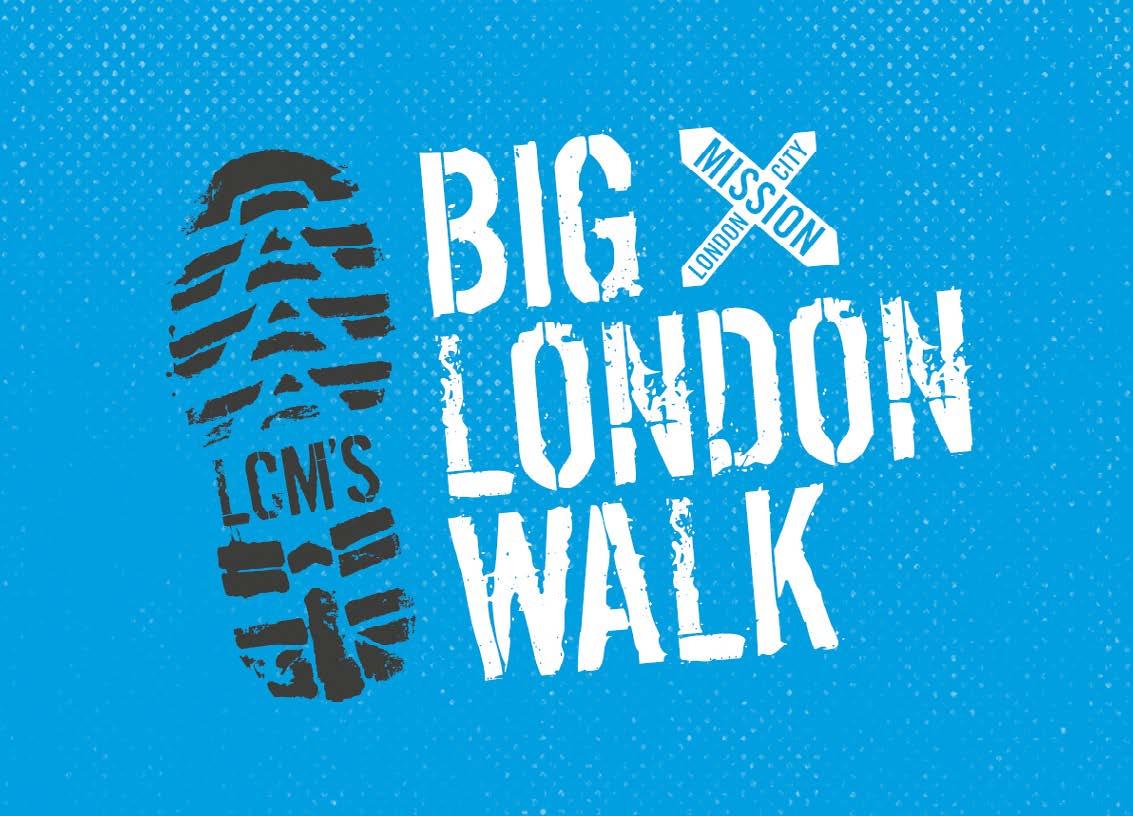
3 minute read
CHURCHES CAN PREVENT DVA THROUGH THEIR SERMONS
Keep The Faith explores new research that highlights the role churches can play in preventing domestic abuse and supporting its victims
subject of domestic abuse in their sermons, victims were more likely to report their abuse to the church leadership team; and • Churches responded more effectively to DVA when their leadership teams have professional experience of working in social services; their response to dealing with victims of DVA was much more effective.
Advertisement
Domestic abuse is a major problem within British society, including within Black communities. According to the main Crime Survey for England and Wales, 5% of adults (6.9% of women and 3% of men) aged 16 and over experienced domestic abuse in the year ending March 2022. This equates to an estimated 2.4 million adults (1.7 million women and 699,000 men). These stats include women who attend Britain’s Black Pentecostal churches.
(BCDAF), launched in 2021, provides training for church leadership teams so they can give appropriate support to victims of DVA in their congregations and in their local communities. It welcomed the research findings. Elaine Bowes, a lead member of the BCDAF, said: “Last year the international Christian community was in shock at the death of Nigerian gospel singer, Osinachi Nwachukwu. It was revealed she had been a victim of DVA but, due to her personal conviction about divorce and with limited support from her church, she remained in the marriage. It appeared that her church didn’t know how to properly support her.”
A total of 35 people took part in the research, and of that number, 34 responded to a survey; three were in a focus group and six took part in individual interviews. Six of the participants were church leaders and 13 participants (38%) had personally experienced violence and/or abuse. The majority had not looked for support whilst going through their abuse, and two participants admitted they had abused a partner in the past.
Several key findings have come out of the research:
• Victims of Domestic Violence and Abuse (DVA) believing that some churches tend to protect the abuser, especially if they are members of leadership teams;
• The view that when preachers mentioned the
This research was carried out due to the major role the Church plays in the lives of Black women, as the Church is often the first organisation women turn to for support when they personally experience DVA.
Dr Kanyeredzi explained: “Whilst carrying out this research, we found examples of churches providing really good support for victims. One key problem identified, particularly in this study, was that issues arose when the people reporting abuse were wives of senior ministers or church leaders.”
She continued: “It was evident that some churches found it particularly difficult, because leaders represent something really positive within church and the wider community which is good marriages. If a minister is seen to be abusing their spouse, it raises the question of what it means for the Church and, as a result, causes tension.”
The Black Church Domestic Abuse Forum
Elaine added: “We know from our training sessions with church leaders that the Church is often the first place victims look to for support when experiencing DVA. If churches take note of the research findings particularly the fact that sermons on DVA encourage members to disclose they could play a major role in helping to prevent DV as well as supporting those who experience it.”
Dr Ava Kanyeredzi would like the research findings to impact how churches approach the issue of DVA. She said: “It’s my hope that this body of research will encourage greater discussion of domestic violence and abuse within church settings and empower church leaders to provide appropriate support for victims of domestic abuse within their congregations.”
Visit https://bcdaf.org.uk/
Ministry leader and pastor, Yvonne Brooks, provides wise, compassionate and insightful advice to readers experiencing problematic life issues
My heart has been broken by my husband’s adultery

My husband has just confessed to having had three affairs in the past three years of our marriage. We’ve been married for 15 years, have three children and he’s a pastor. Shocked is an understatement. One of the women is someone I know. I thought we had a good marriage, and ever since I found out, I haven’t stopped crying. I feel broken, hurt, betrayed and angry, all rolled into one. My husband has asked for my forgiveness… and I know that as a Christian that is the right thing to do, but I don’t know if I want to be with him anymore. The pain runs deep. I worked hard alongside my husband helping to build his ministry. I was the dutiful wife, sacrificing my own aspirations to support his. I feel I have been repaid in the most awful way, and just need some direction on how to move forward as I have some important decisions to make.
Wendy, London
Pastor Yvonne: I am so sorry that after 15 years of working in ministry with your husband, this has been the result. Can I ask what changed in the last three years? Your husband needs help on all levels. Whoever is the primary leader in your organisation needs to be contacted, as your husband needs to be relieved of all duties as a pastor whilst a full investigation is undertaken. I realise there will










